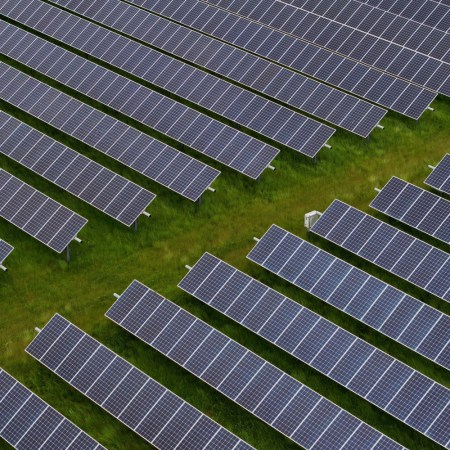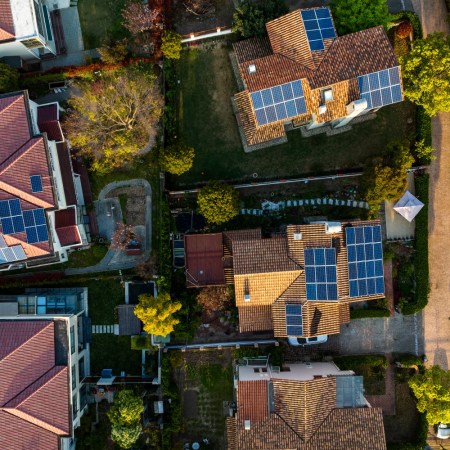“We’re going to put miners back in the mines,” cried Donald Trump on the campaign trail. “Get ready to work your ass off,” he reiterated, in a later speech.
The response of at least one top coal-mining executive (Robert Murray): “Temper that.” Those jobs are gone. Not only because of automation, trade or regulation, but because coal is a waning source of energy even within fossil fuels. Natural gas is the new winner.
And that’s before you get to solar, an industry in which — according to a new report from the Solar Foundation — 250,000 Americans are now employed, and being paid a median wage of $25.96 per hour to do it. When you consider that solar is currently being used by just 1.6 percent of the population, that spells some serious room for growth. But highlighting that fact may actually run contrary to solar’s proliferation: tons of Americans have been displaced from coal jobs in recent years, and they tend to get angry when we venerate the forces that displaced them (e.g., solar).
This is a linguistic and symbolic distinction. People remember having a job; they have a harder time remembering what it’s like to learn a new skill or imagining what things will be like in the future. Hence the operative Again in a certain de rigueur political slogan. According to environmental communications expert George Mitchell, climate-change activists would be better served pointed to solar as an embodiment of our nation’s innovative, can-do spirit: Know what can make our country great (Again or otherwise)?
Getting back to our innovative roots.
In his book, Don’t Even Think About It, Mitchell argues that cognitive dissonance makes it tough even for folks who believe in climate change to reconcile their behaviors. He concludes with a strategy for how best to address climate-change deniers: you’ve gotta move the conversation away from invisible threats that take place in the future. Rather, it’s better to point toward effects that are either immediately recognizable (clean water and air, droughts) or things that have been taken away (public lands).
Those simpler times — when we traveled less and lived in smaller communities — were not only Great for Americans.
They were also great for the planet.
This article appeared in an InsideHook newsletter. Sign up for free to get more on travel, wellness, style, drinking, and culture.
























